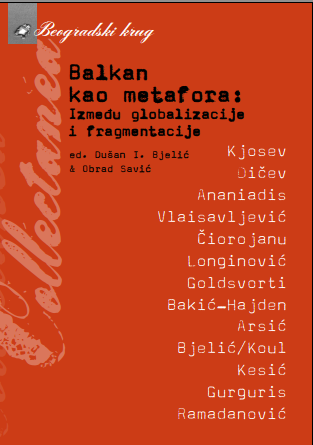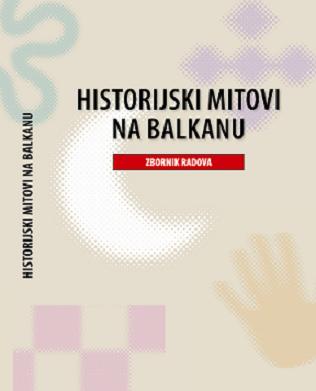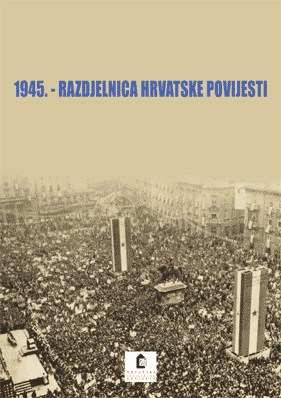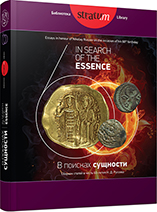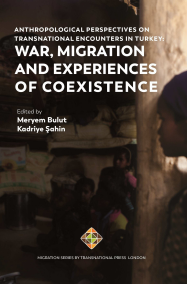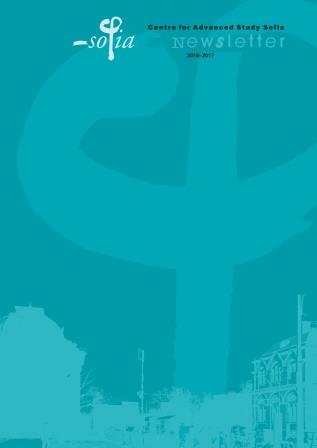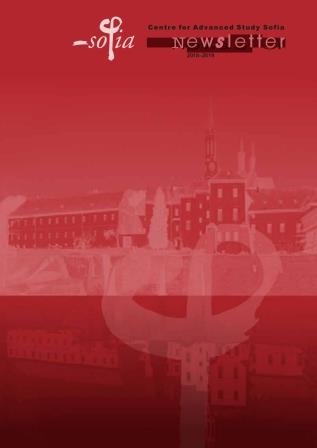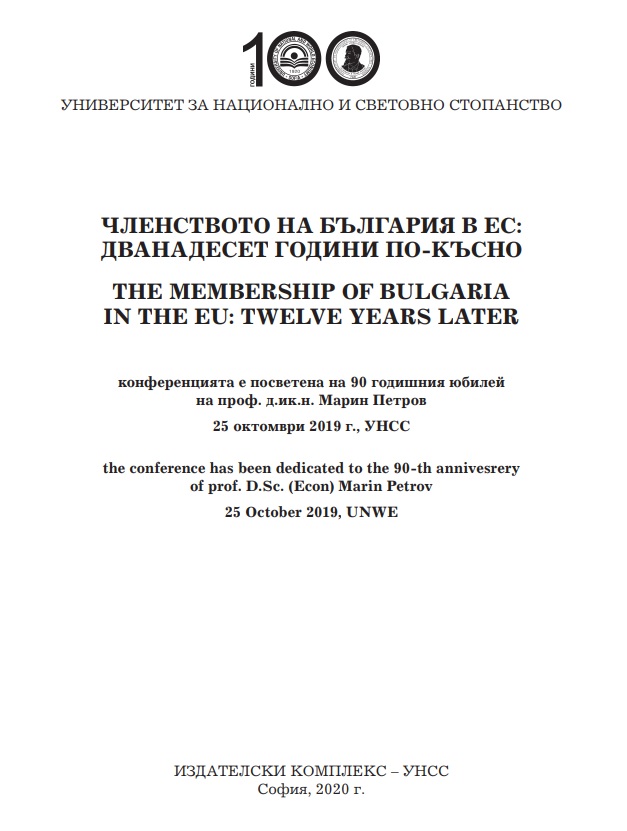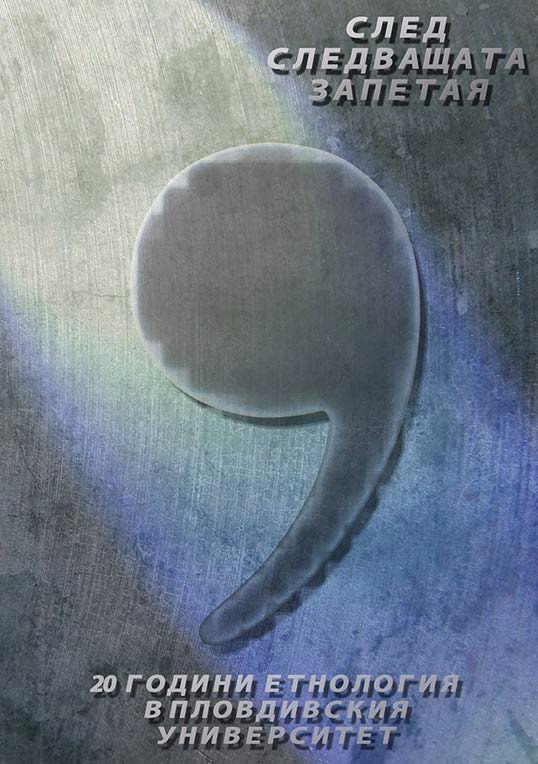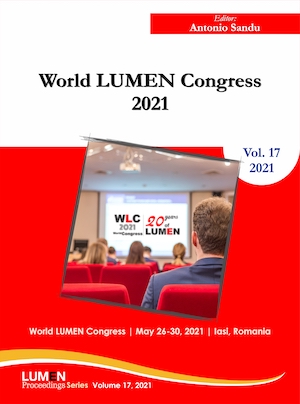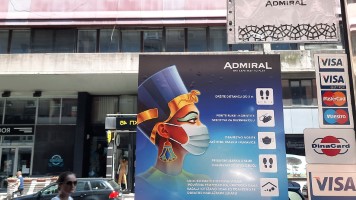Author(s): Georgi Atanasov,Kaloyan Dimov / Language(s): Bulgarian
Publication Year: 0
A collection of late medieval and early Renaissance finds stored in the museum of Dulovo; the items were found south-east of Okorsh village, Dulovo municipality, Silistra region. Out there, in the area called „Beiska mahala”, a big Ottoman-time settlement was found, which is possibly the original source of the finds, which include 36 pafta clasps discussed in the article.According to the numismatic information and the dating of the other finds, the settlement can be dated within the 17th and the first half of the 19th century. According to an Ottoman census of 1676, a village called Abdarrahman seems to be listed in Silistra kaza.The pafta clasps from the collection of Dulovo museum can be divided into 5 types, with their own subtypes. The first type includes small round, cup-shaped pafta clasps, without ornament. Most of the clasps have granular trimming on the periphery, always with a small sharp widening. There are no analogues from closed archaeological sites dated within the period from the 10th to the 14th century. Surely, the dated finds from Niculitel and Silistra are dated within the 17th — the 18th centuries. The second type are round, cup-shaped pafta clasps with a stylized rosette in the center. This type has three subtypes. Most of the clasps are with granular trimming on the periphery, with a small sharp widening. Surely, dated finds from necropolis in Romania are from the period of the 17th—18th centuries. The third type are cup-shaped pafta clasps with radial ornament. This type is a stylized variant of the pafta clasps with a rosette in the center. There are no finds dated within the 10th—16th centuries. The finds from the graves around the church in Arnautkoy village (Poroishte, Bulgaria) are dated within the 17th—18th centuries. The fourth type are shield-like paftas, divided in five subtypes. According to the analogies from surely dated archaeological sites — the church in Arnautkoy and Corinth, we can assume that this type is dated within 18th century. Subtype IVa is dated later — by the first half of the 19th century. The fifth type are leaf-shaped pafta clasps. According to their form, we can add to this type two belt applications with a shape of pafta clasps. According to some analogies from Isakcha, we can date them back in 18th—19th century. According to the surely dated finds, we came to the conclusion that until 16th century the pafta clasps are unknown type of jewelry. The first appearance of pafta clasps on the Balkans and in Bulgaria can be dated by the beginning or the mid of the 17th century. One way for their appearance in this area could be transfer of traditions from Asia Minor, due to relocation of hundreds of Alevi (Shiite) villages in 16th—17th centuries in Eastern Bulgaria.
More...
